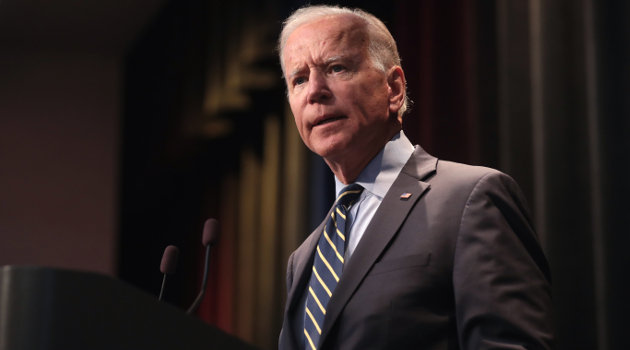President Biden recently issued an “Executive Order on Promoting Competition in the American Economy” (EO). It covers a vast array of issues, and can correctly be framed as yet another data point in the thesis that the presidency has grown too big and acquired excessive unilateral powers.
The EO can further be criticized on many of the specific policies it promotes. Among the discouraging items are directives to expand anti-trust enforcement and revisit even past mergers previously cleared by regulators, reverse market reforms on rail, and re-impose “net neutrality” controls over the internet.
It also gets some things broadly right, like promoting generic and biosimilar drugs, and tackling excessive occupational licensing, though to what degree that latter can be solved federally instead of at the state level remains to be seen.
But regardless of the particulars, I think an underappreciated fact is that we’re now fighting on the home turf of liberty. Yes, Biden has an often warped perception of what constitutes competition, but that’s a debate we ought to welcome.
In that spirit, here are 3 issues in which competition is either lacking or under threat where Biden should (but sadly very likely will not) take the side of increased competition.
1) Trade. Over a year after the deadline obligated by law, Biden’s Commerce Department recently released the Section 232 reports generated at Trump’s request to justify potential, but never implemented, automotive tariffs on national security grounds. Now that they are public, we can confirm that the national security justification was as baseless as we all assumed. The Biden administration should release the remaining Trump-era Section 232 reports on imports of uranium ore, titanium sponges, transformers and their components, and vanadium.

That’s the somewhat good news. Now here’s the bad.
Not only has Biden extended the Trump tariff taxes that actually were implemented, even moving to double them on Canadian lumber, he has doubled down on protectionism with expansion of misguided “Buy American” initiatives. Biden is also an ardent supporter of the Jones Act, a shipbuilding protectionism law that limits trade between American ports to U.S.-flag vessels that has had devastating economic consequences, particularly for isolated jurisdictions like Hawaii and Puerto Rico.
It’s time for Biden to realize that the benefits of competition don’t end at national borders.
2) Education. School choice is on the march, thanks in no small part to the dismal performance of public schools when it came to serving children during the pandemic and re-opening in a timely fashion for in-person learning.
It’s even drawing support from unlikely sources like the Washington Post editorial board, which recently authored a defense of D.C.’s Opportunity Scholarship Program titled with uncharacteristic honesty, “Why are unions and Democrats so opposed to giving poor children a choice in schooling?” They even acknowledged that improvements to D.C. public schools are “perhaps in part due to competition from school choice.” Probably an understatement, but a welcome admission nonetheless.
And while those who largely control the government schools and what they teach don’t want to hear it, another timely benefit of school choice is that it provides the best answer to resolving the curriculum wars.
3) Tax Competition. Companies don’t like to have competition, but it benefits consumers when they do. Governments don’t like competition either, but it benefits taxpayers when they are forced to compete for mobile labor and capital.
Unfortunately, President Biden is determined to eliminate tax competition. He and his Treasury Secretary Janet Yellen are pushing for a global tax cartel with the clear intention of taking advantage of diminished competition to raise taxes.
I don’t expect Biden to reverse his position on tax competition, or any of these issues for that matter, but if he actually took his competition rhetoric seriously, he would.
———
Image credit: Gage Skidmore | CC BY-SA 2.0.

